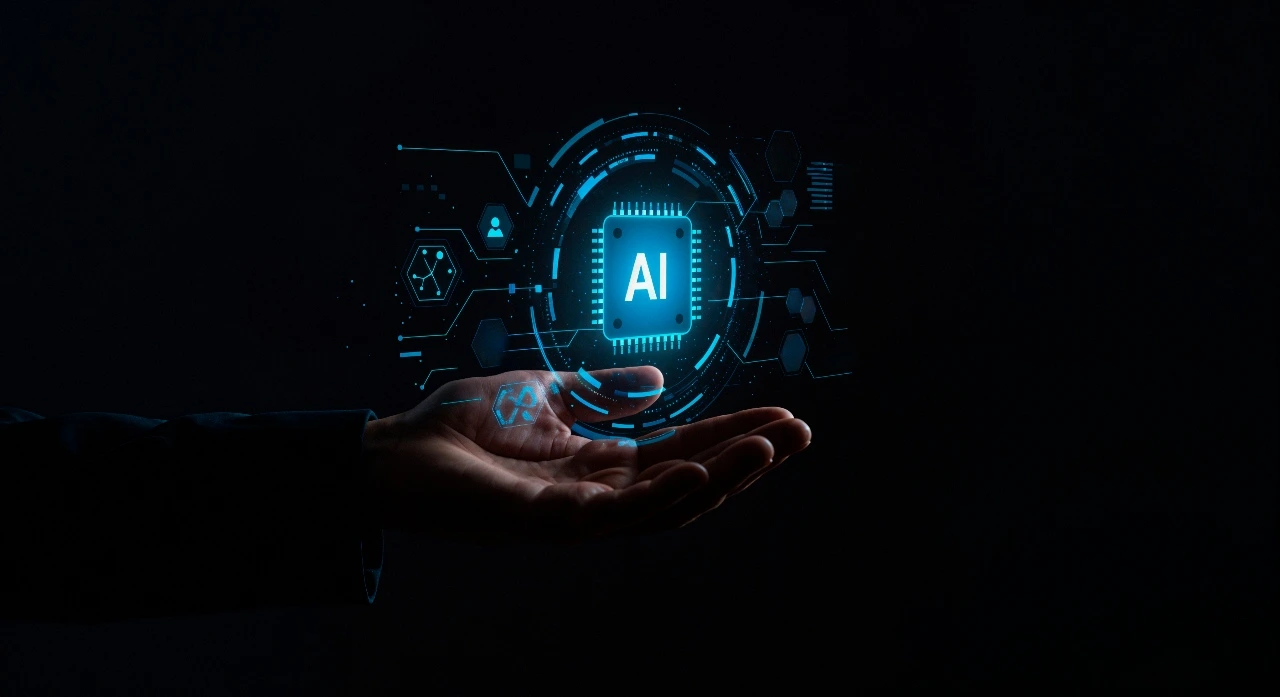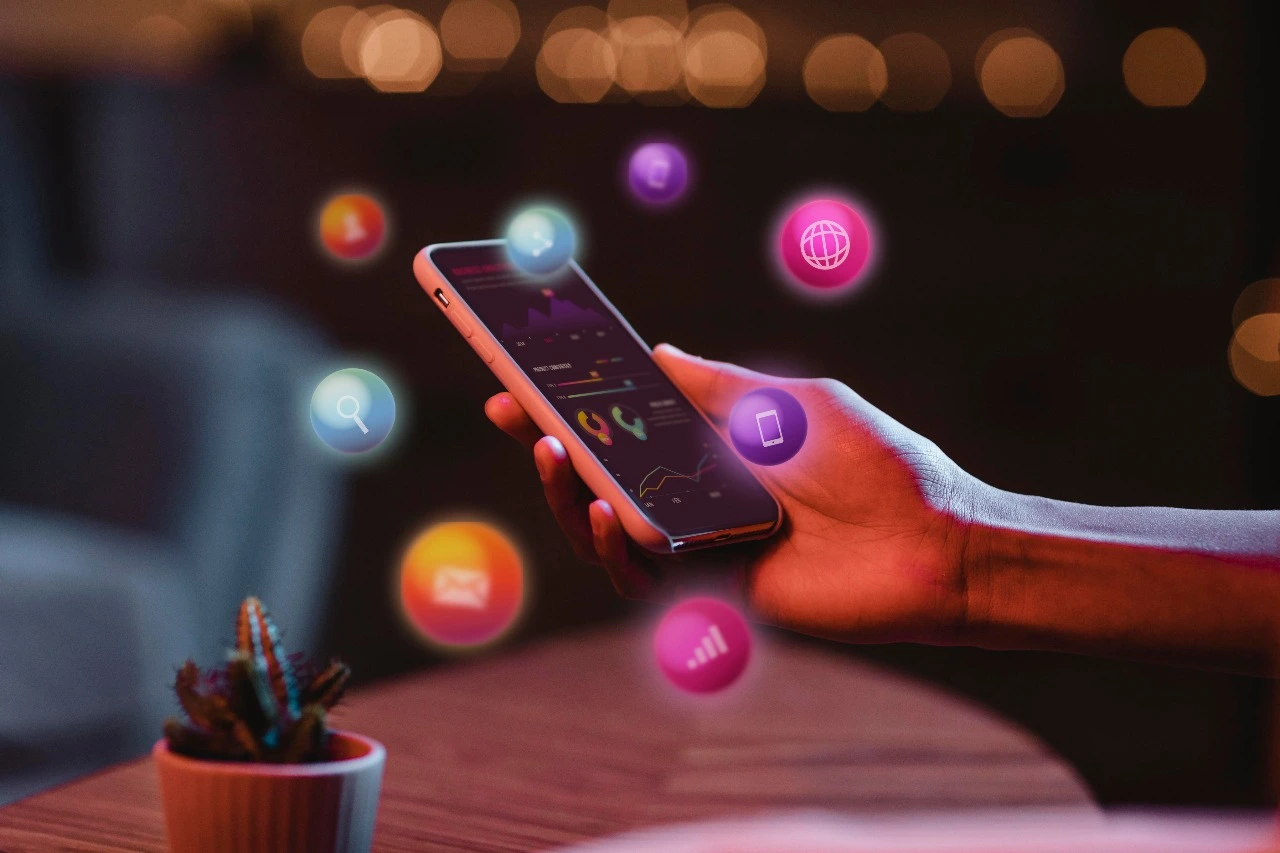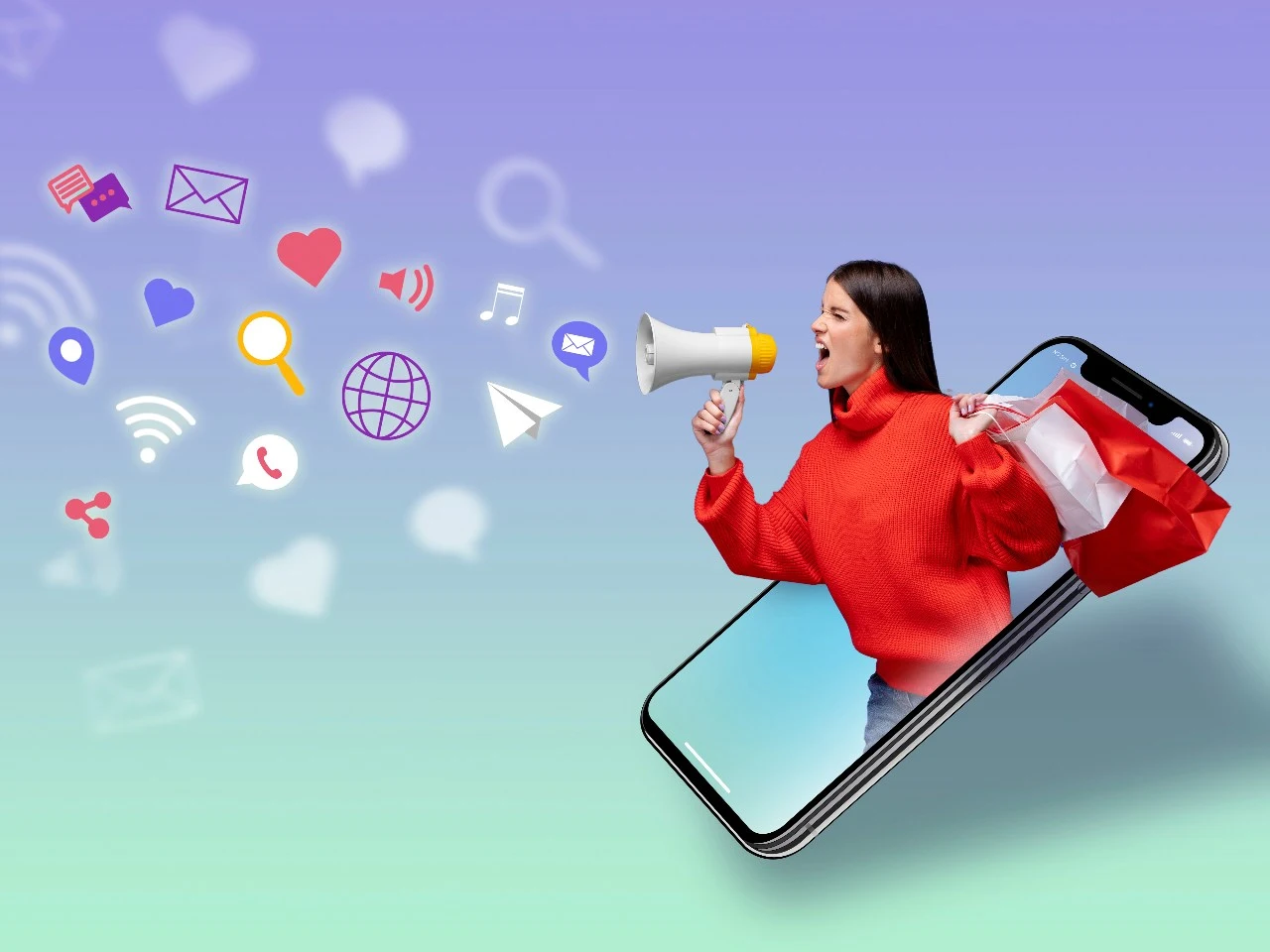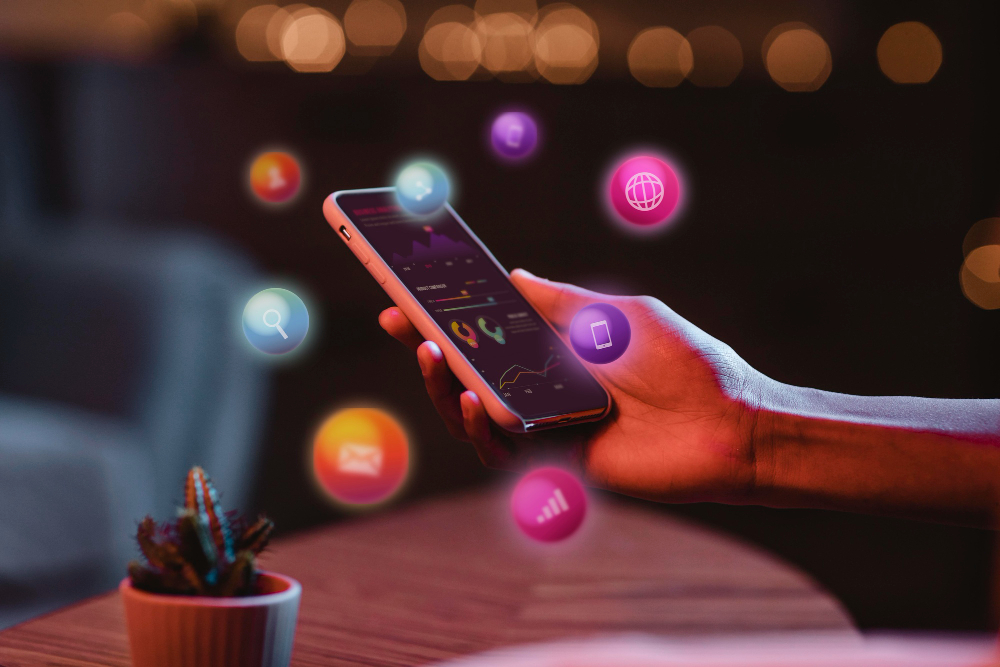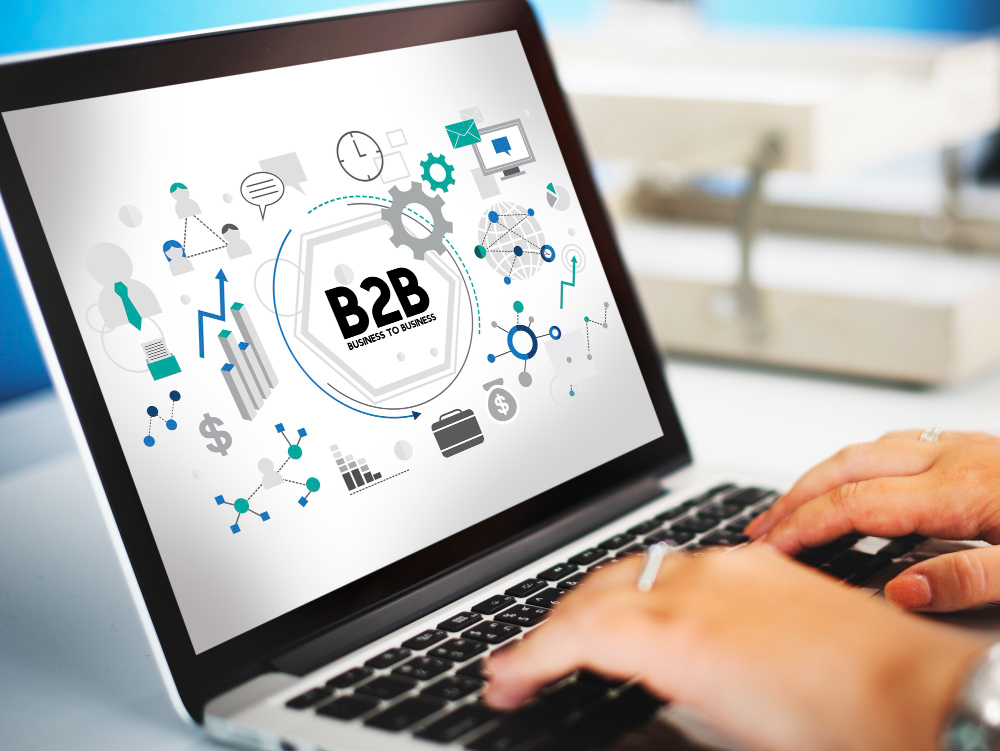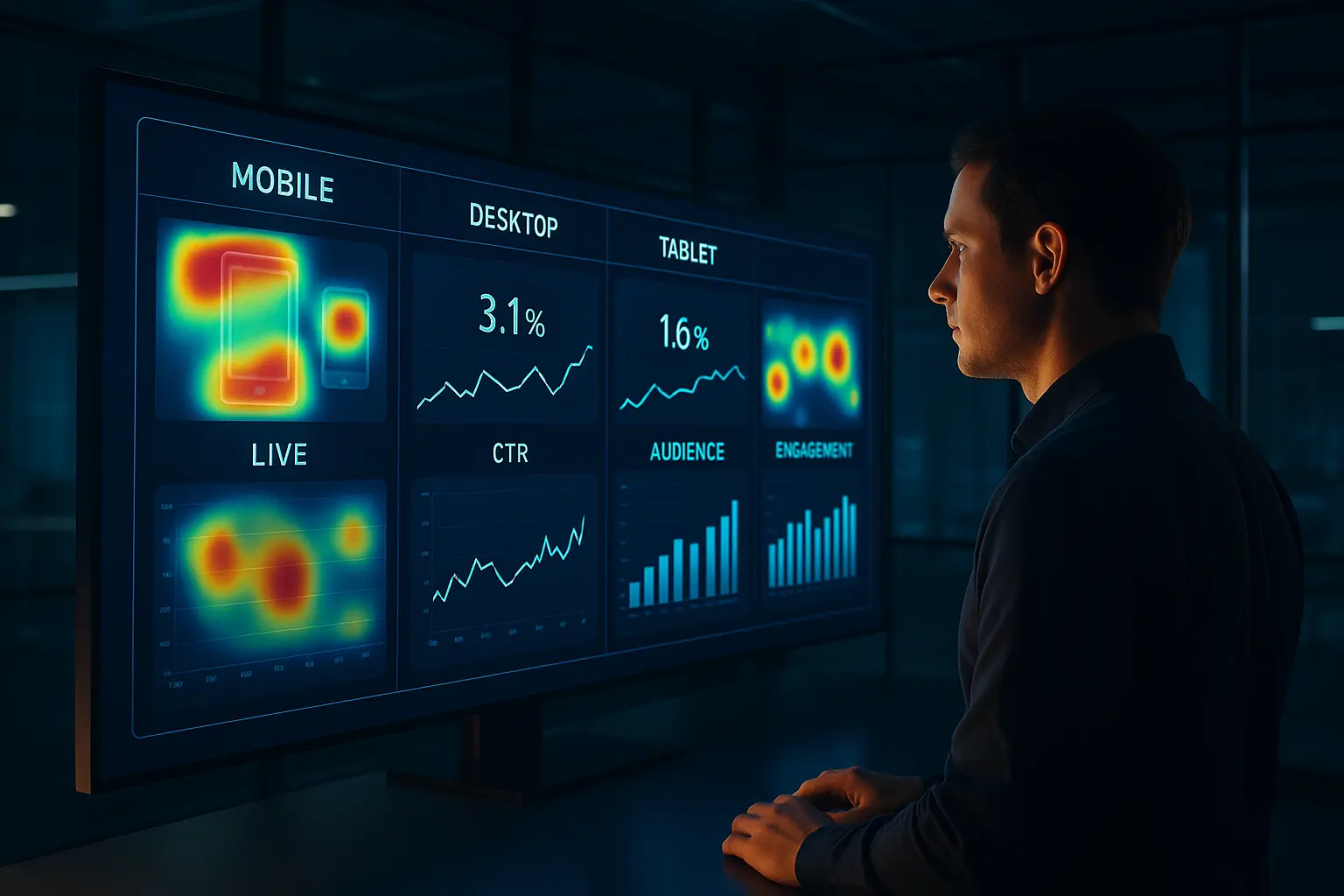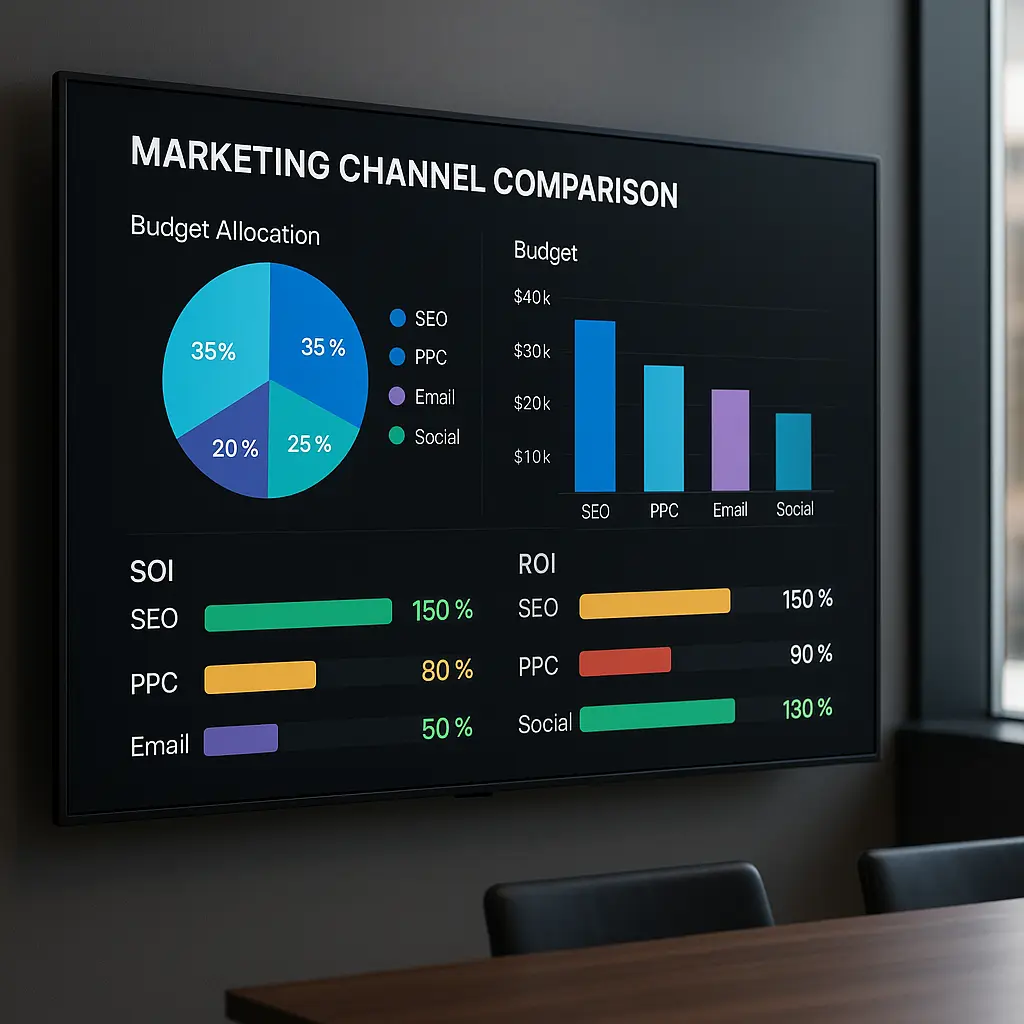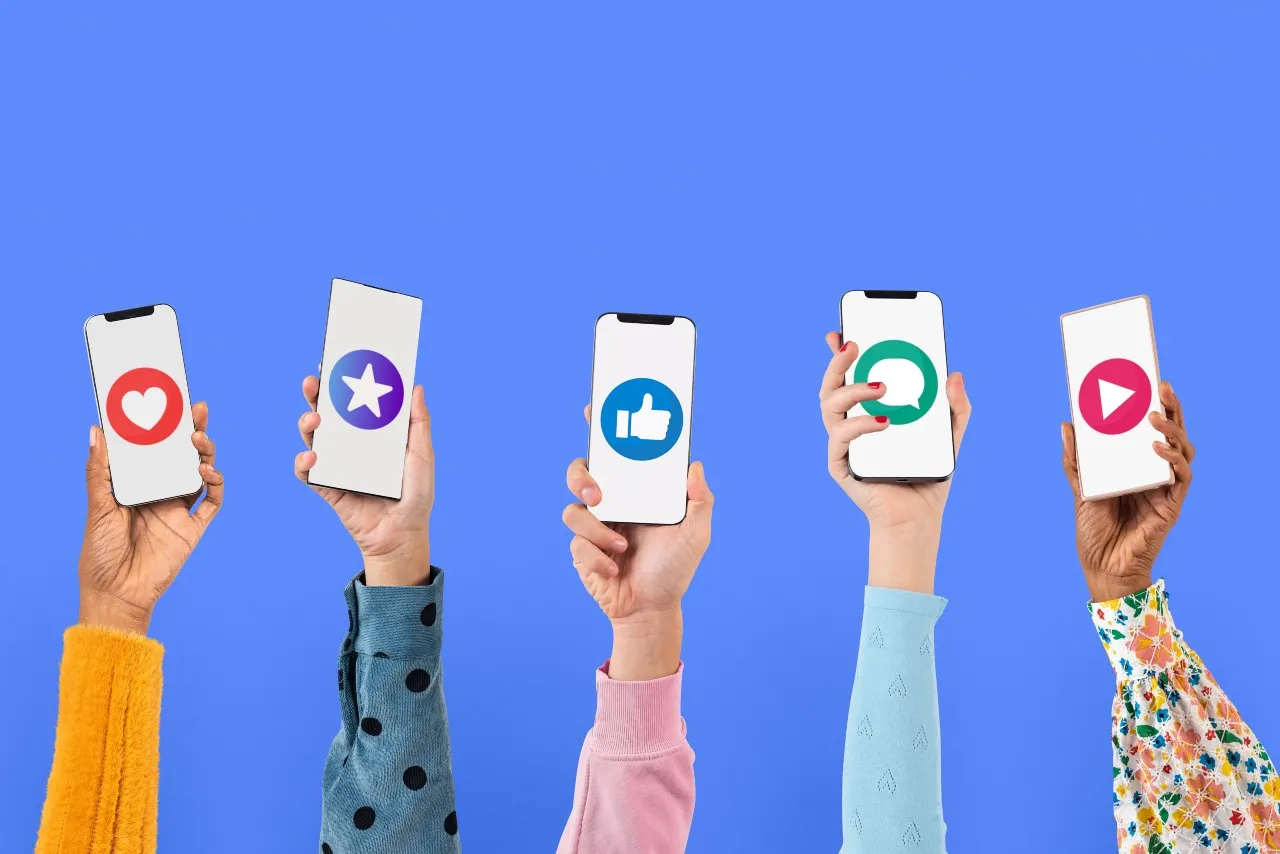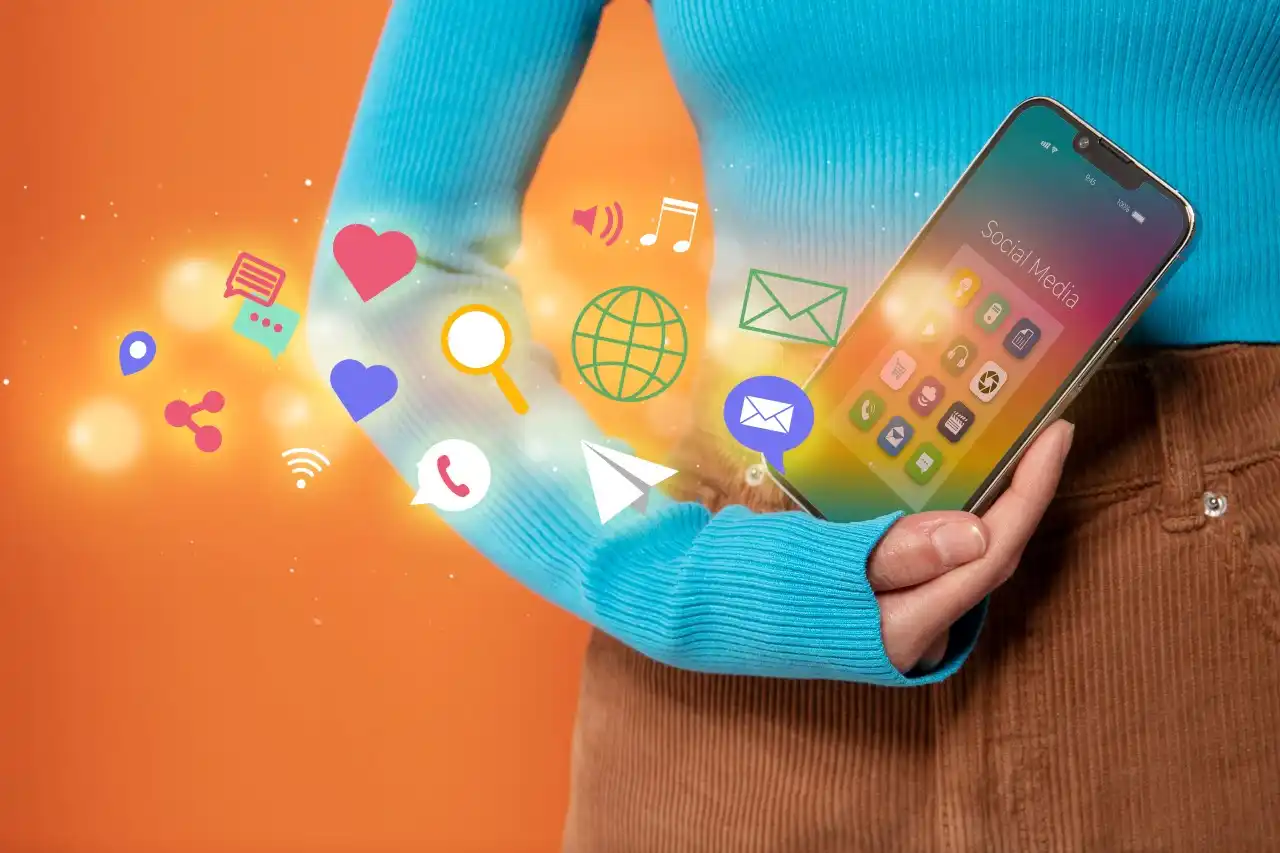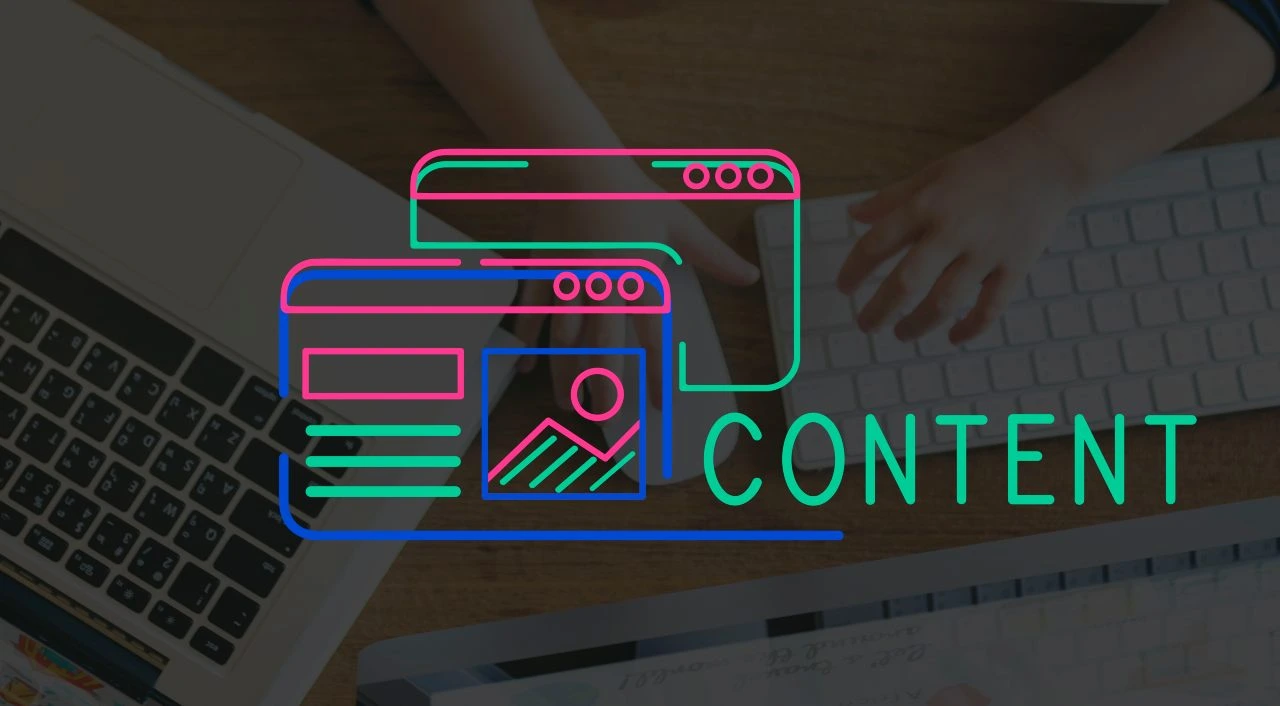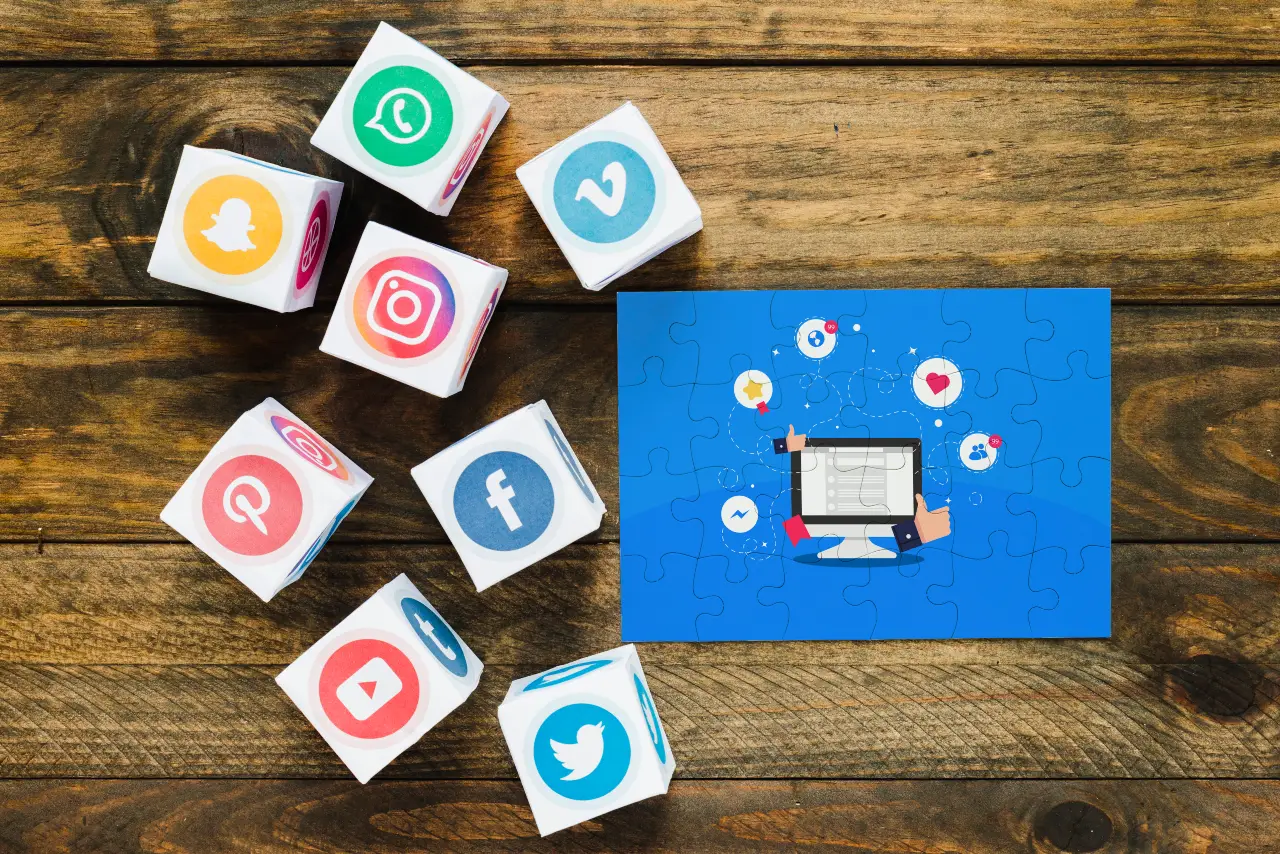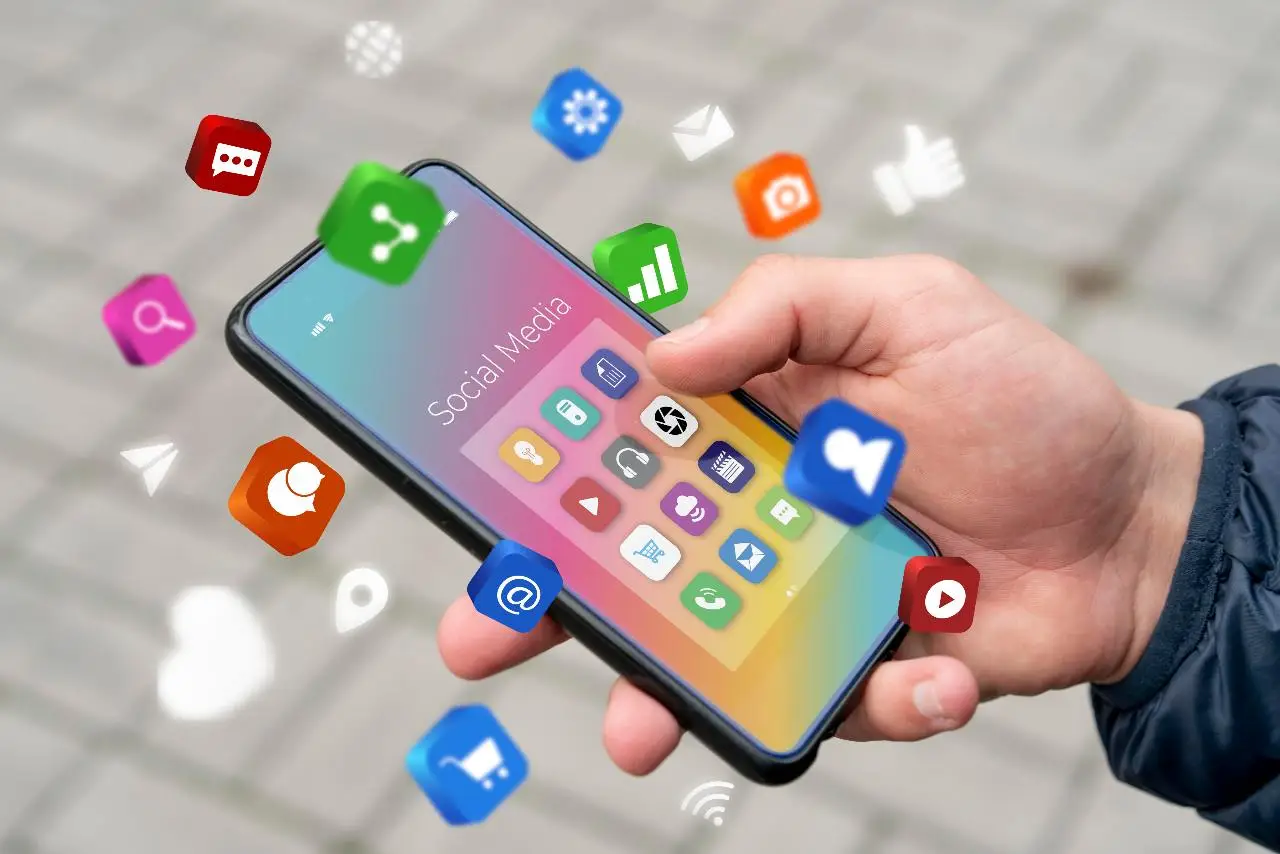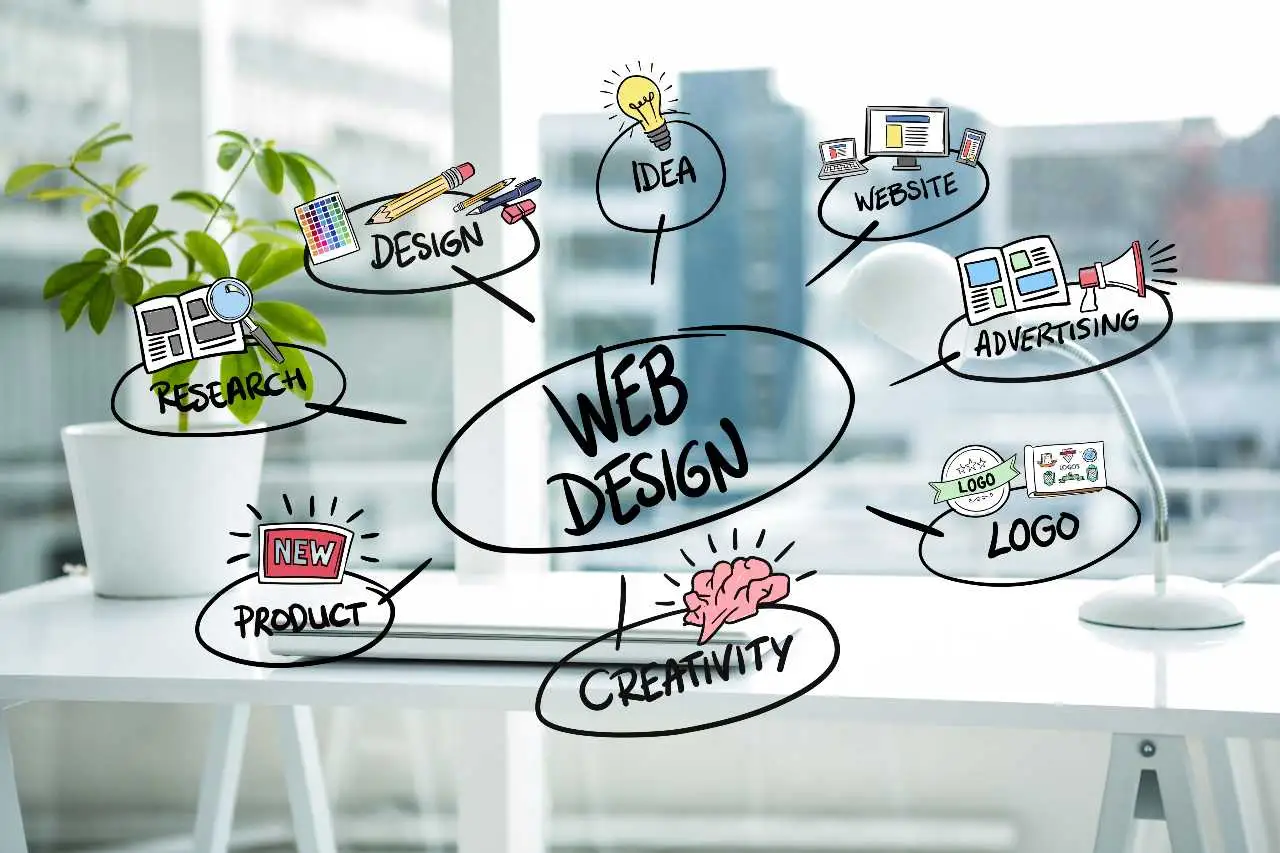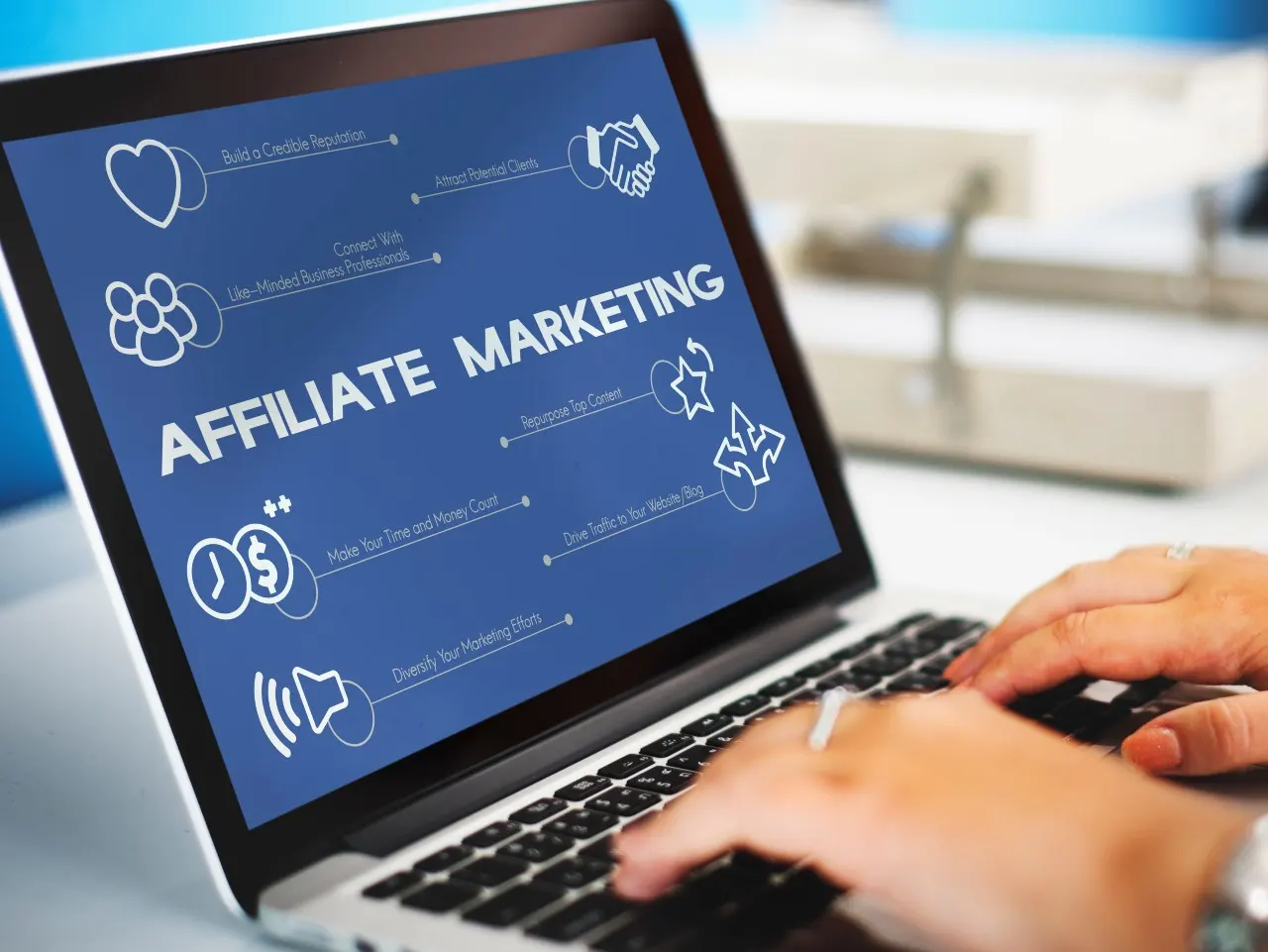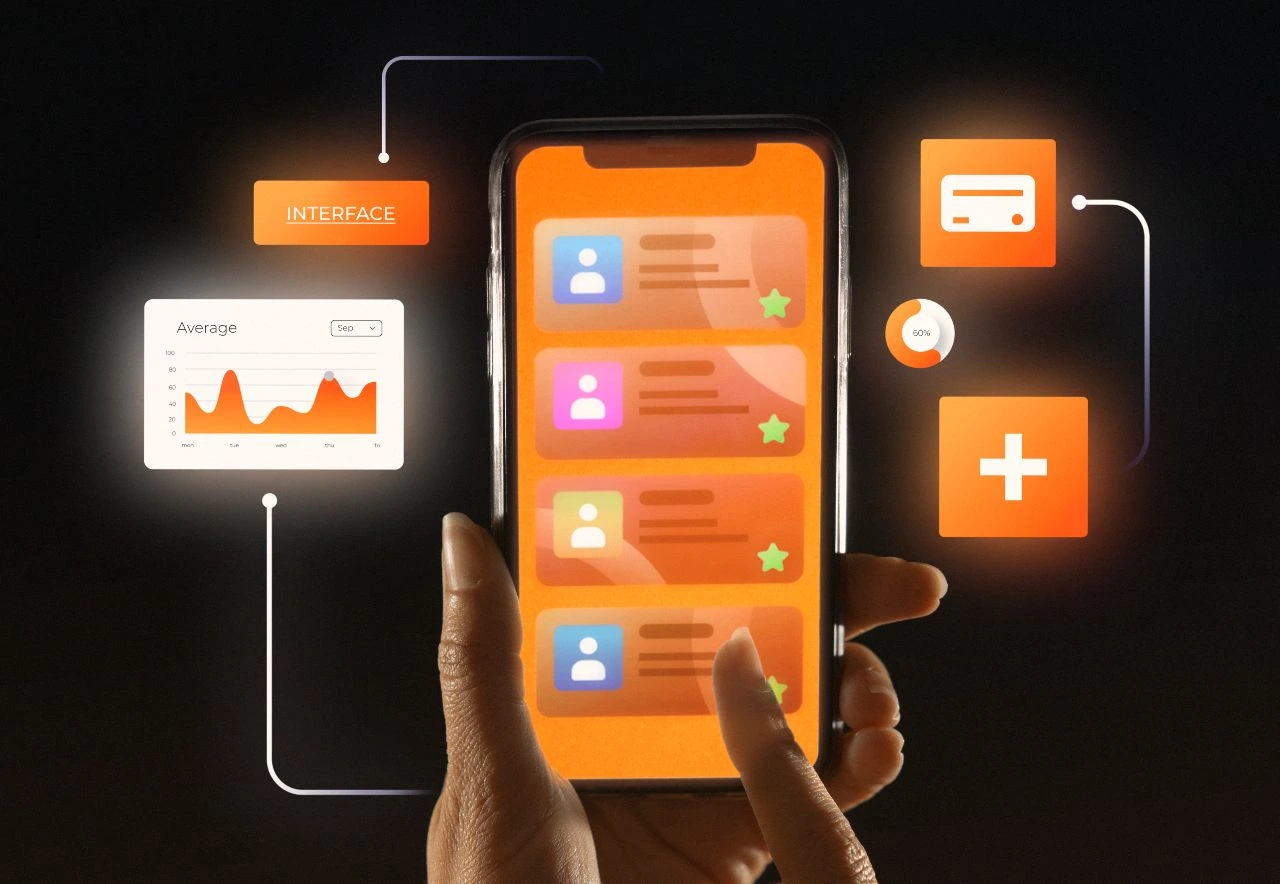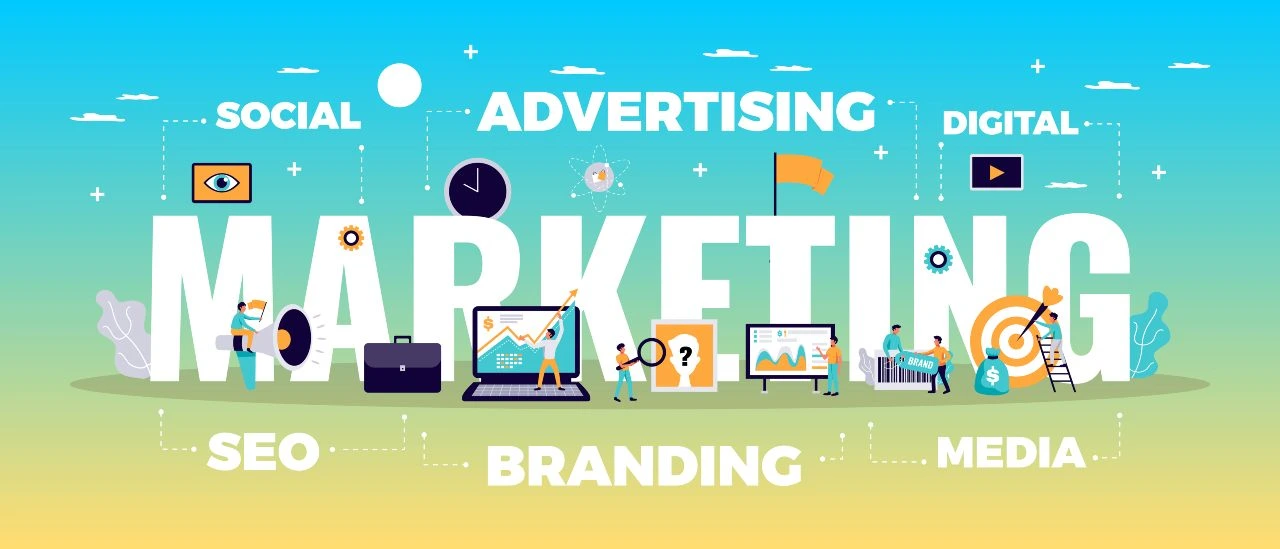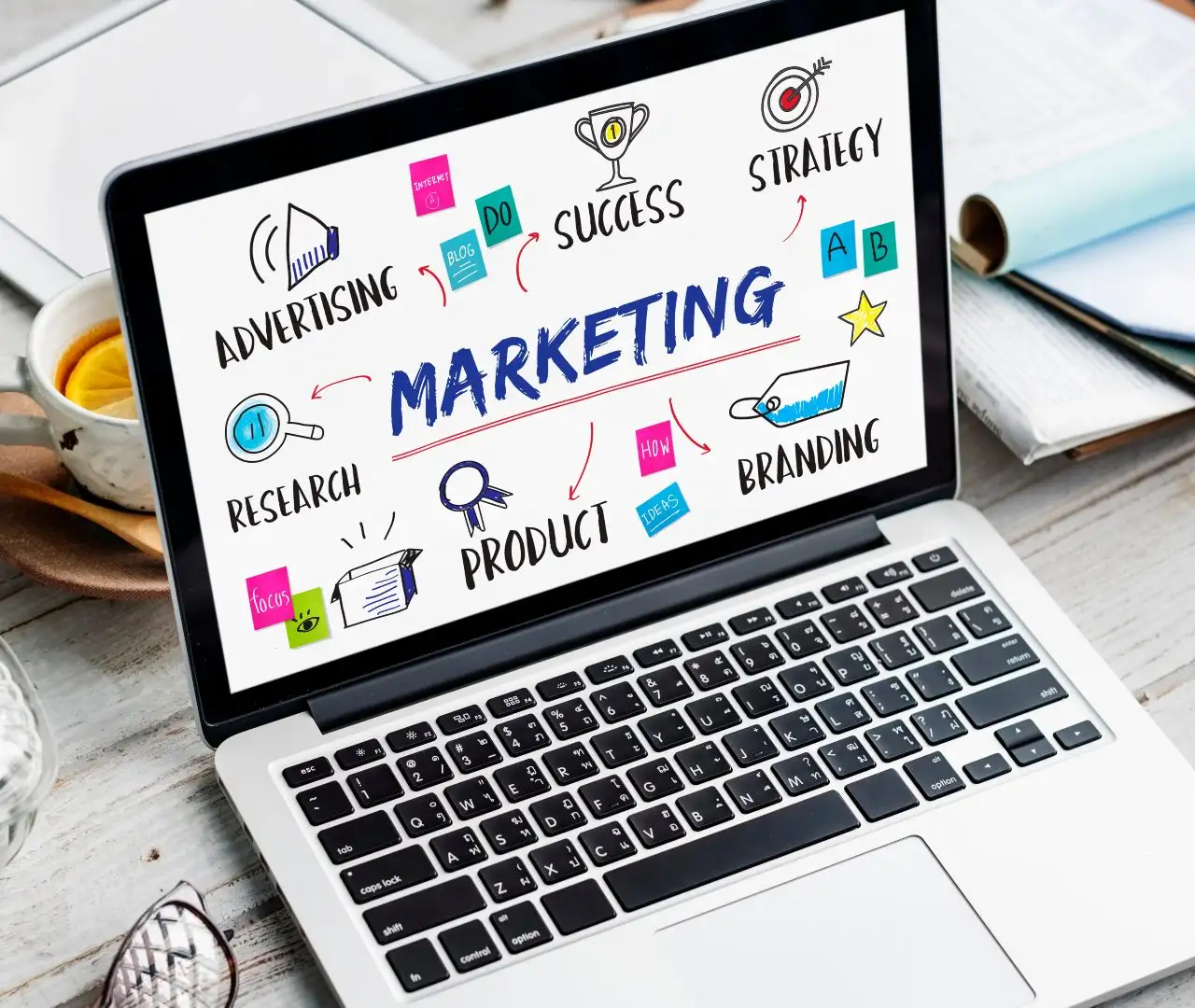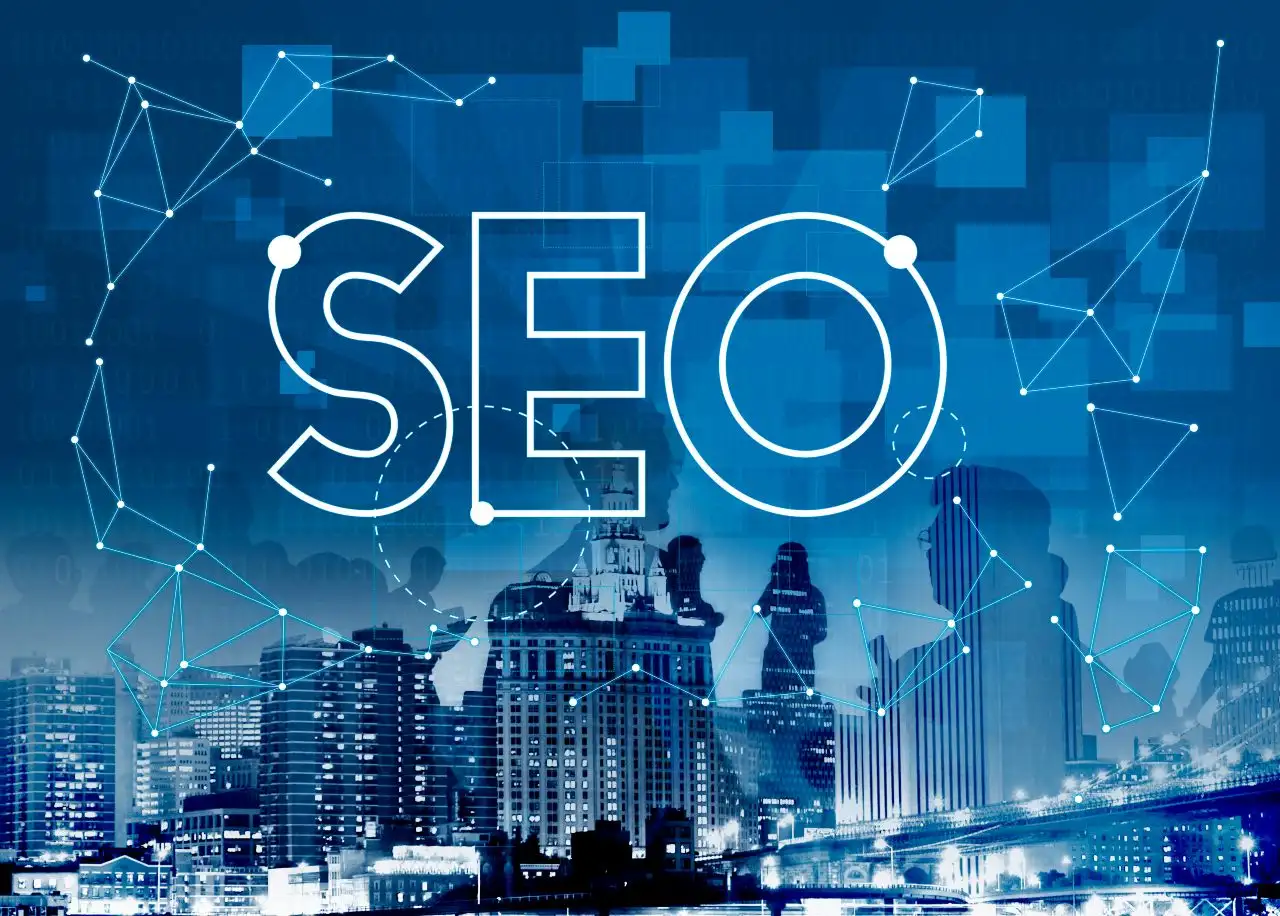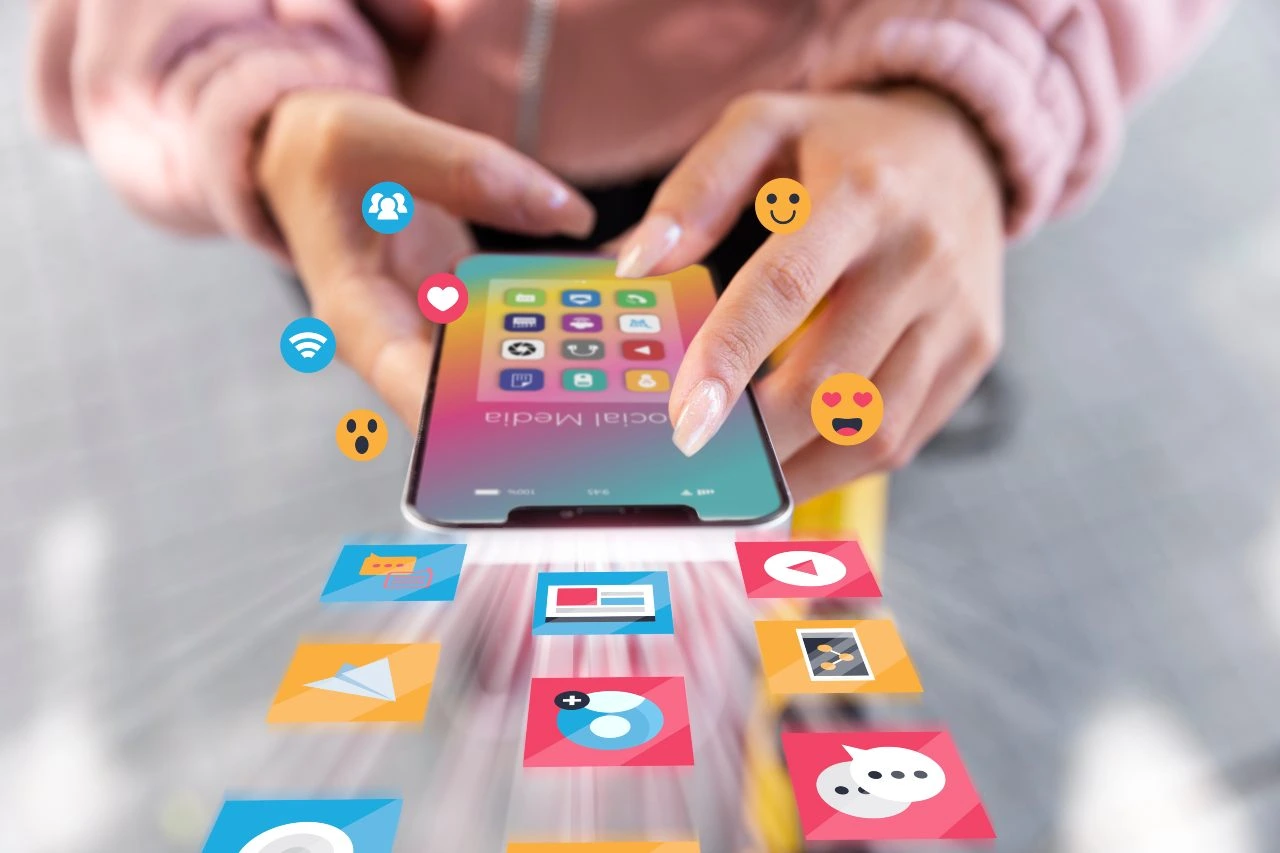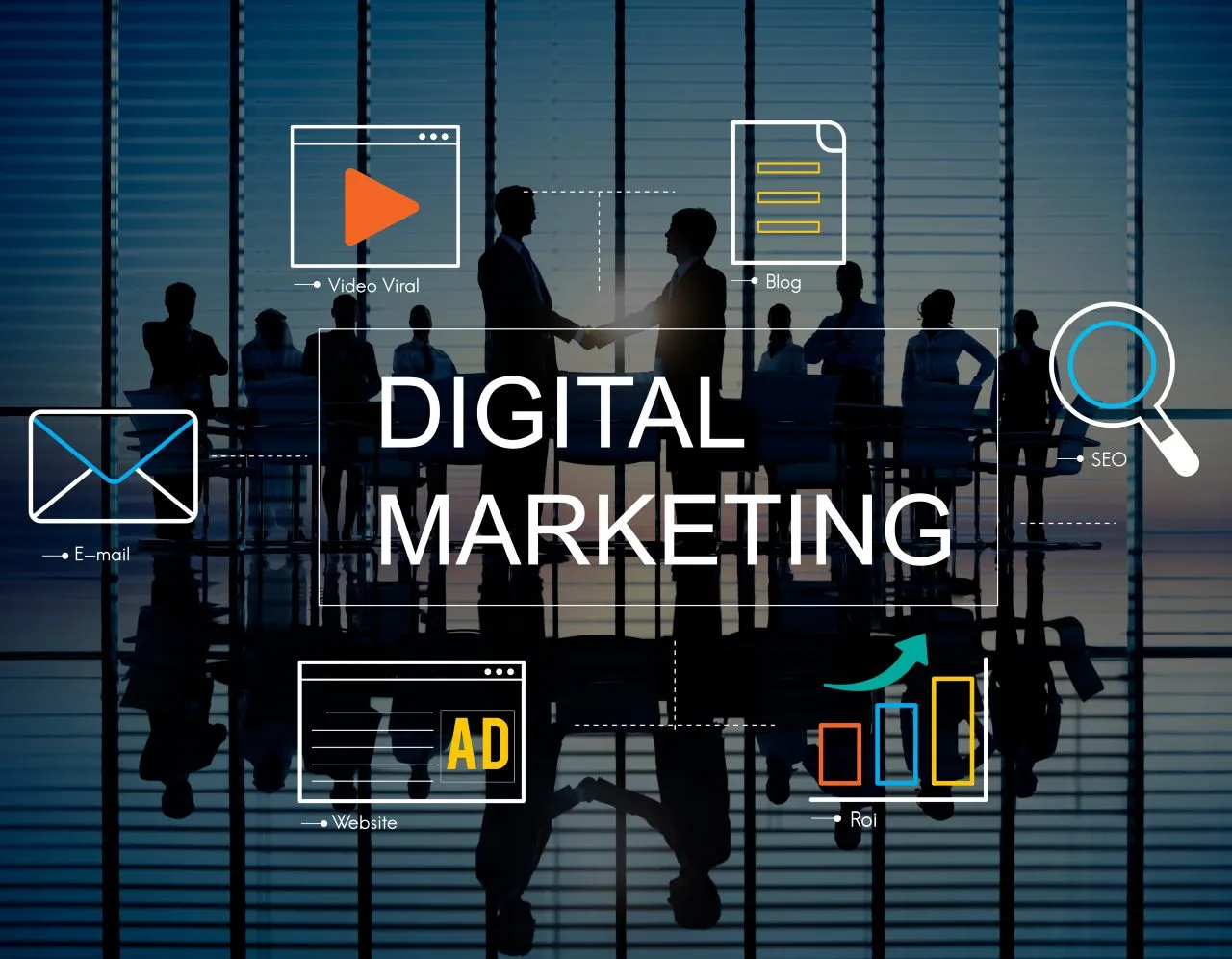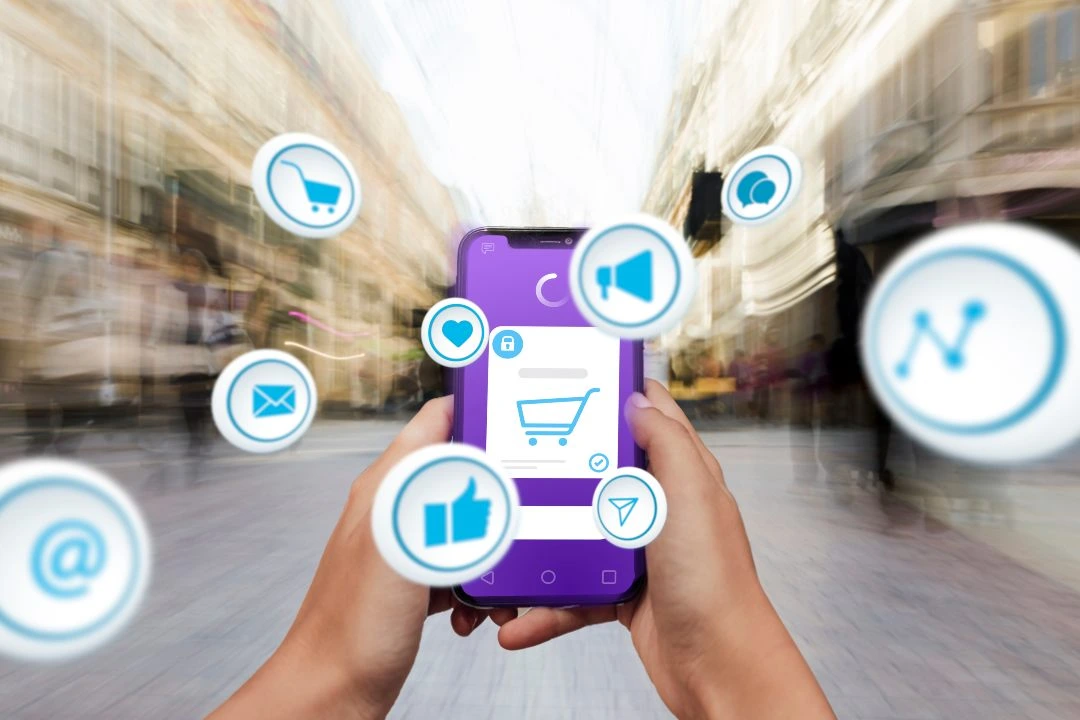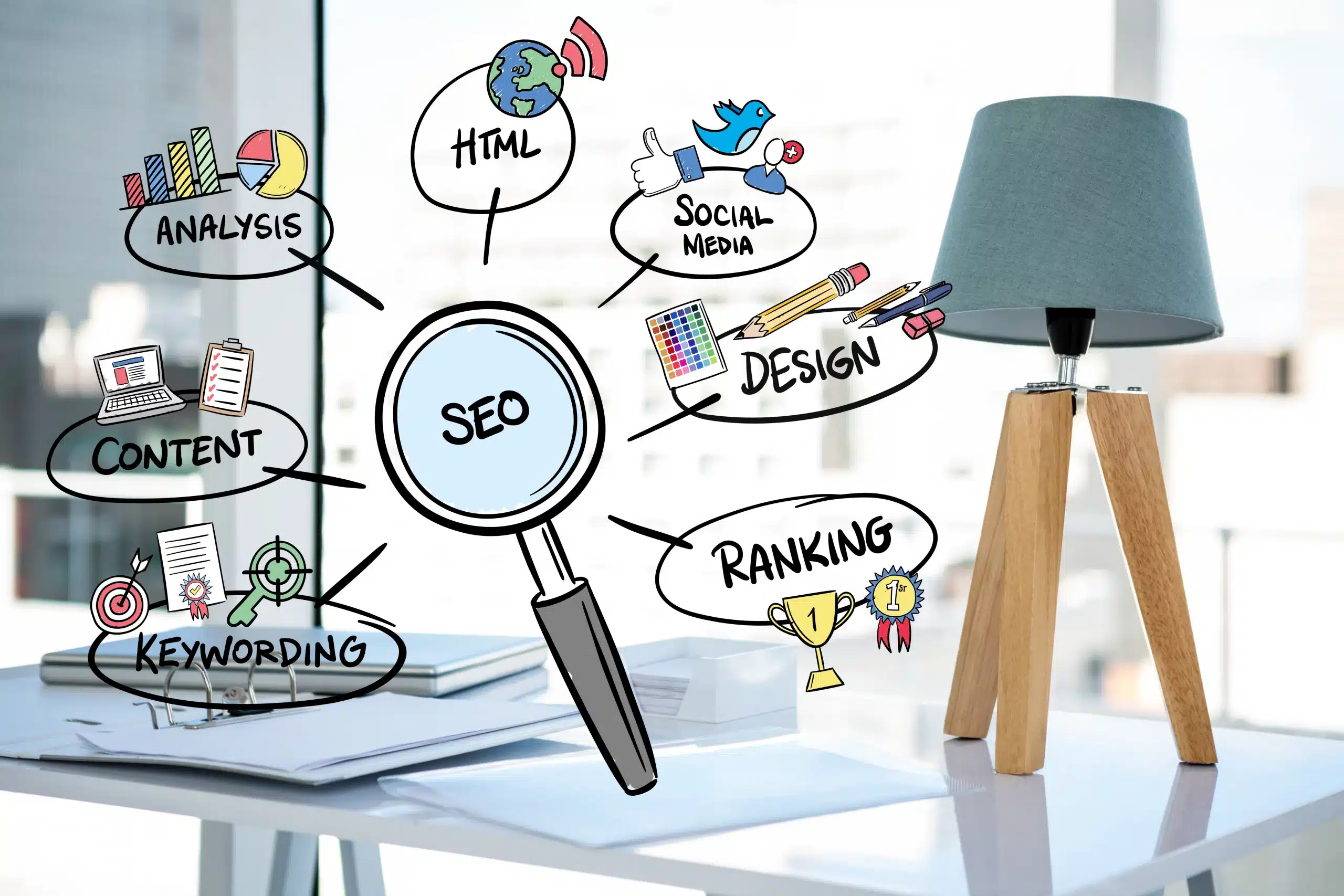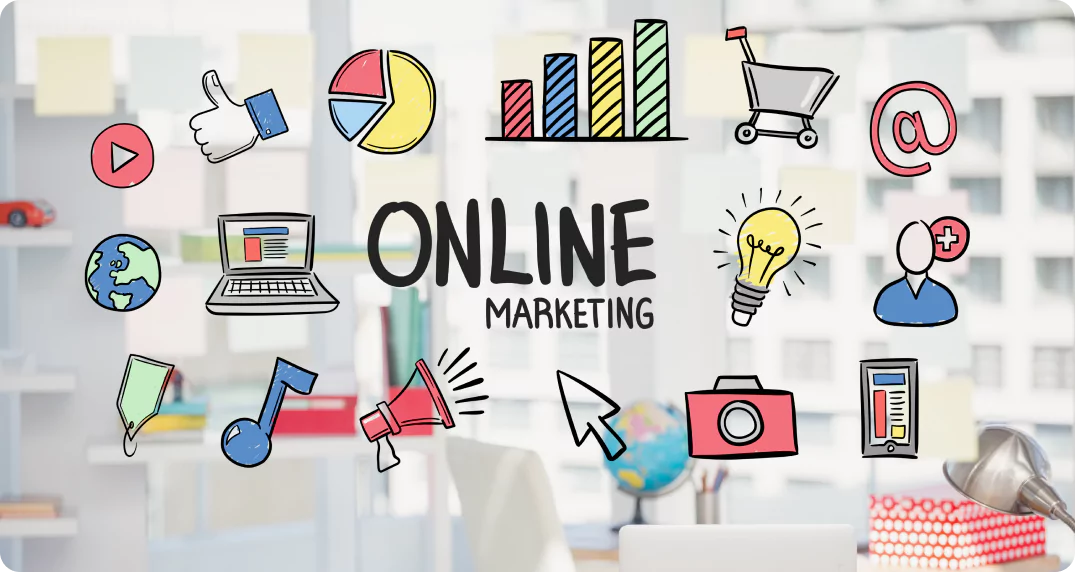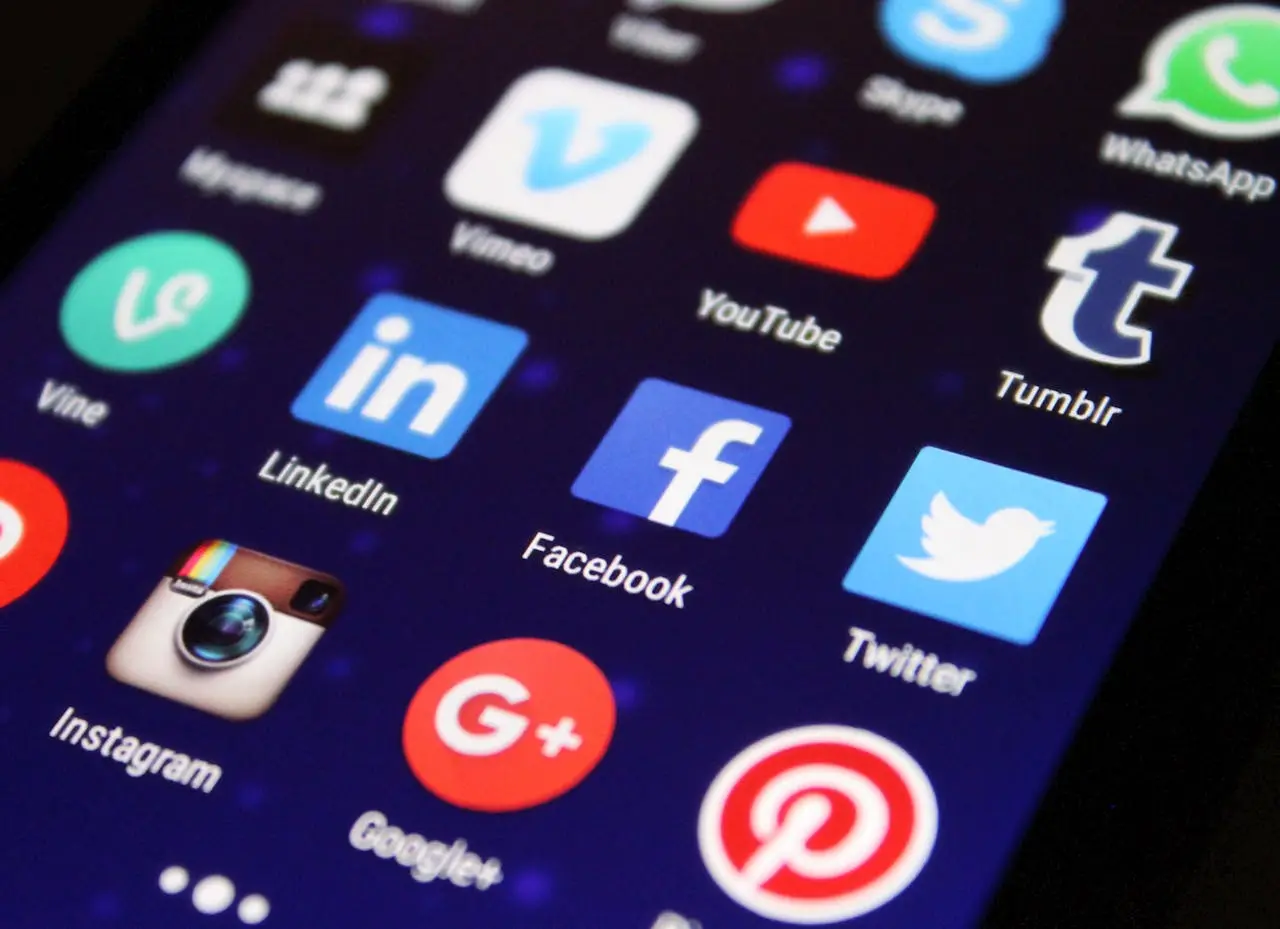In a rapidly evolving landscape, staying ahead requires a keen understanding of emerging brand marketing trends. Are you harnessing the latest technological advancements and strategic shifts to connect with your audience effectively?
One notable trend is the ascent of AI, which is transforming the way brands approach marketing, from content creation to customer engagement. Another is brands needing to adapt their marketing strategies to accommodate extended B2B sales cycles and provide sustained engagement throughout the buyer’s journey. Also, with an increasing number of searches resulting in “zero-click” outcomes, where users find the information they need directly on the search engine results page (SERP), brands must rethink their SEO strategy.
This article dives into the most important brand marketing industry statistics, offering insights into AI-driven personalization, revolutionary brand experiences, scaling content creation, and more. Let’s explore how these trends can reshape your approach and drive greater success.
The Transformative Power of AI in Shaping Brand Marketing
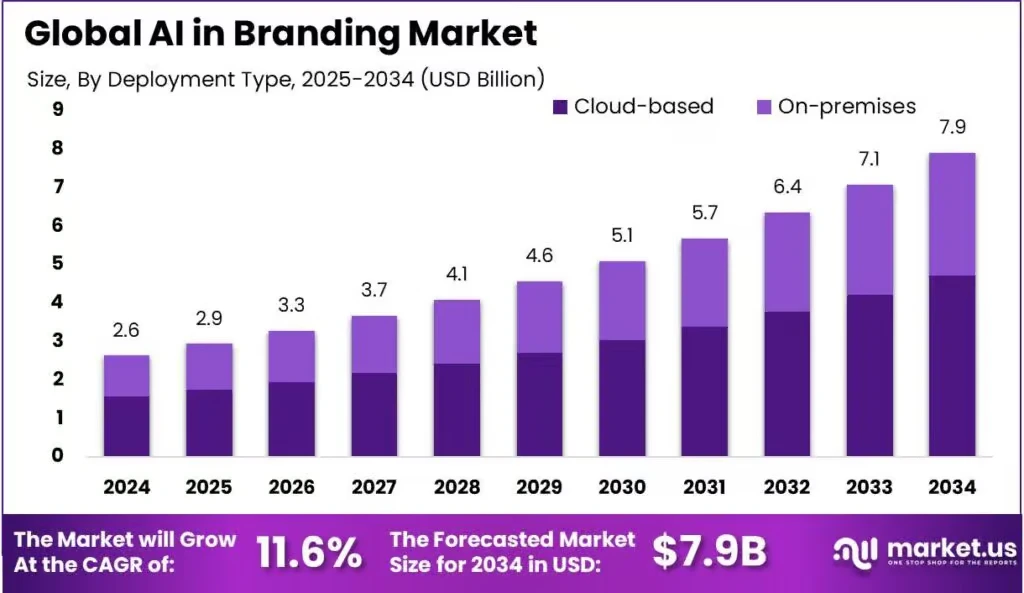
Source: Market.us
The landscape of brand marketing is being revolutionized by the rapid adoption of artificial intelligence. AI is no longer an emerging tool but a strategic necessity, offering marketers the ability to streamline processes, amplify creativity, and deliver hyper-personalized experiences at scale. As competition intensifies and consumer expectations evolve, leveraging AI effectively can provide brands with the agility and insight needed to stay ahead.
- A remarkable 85% of marketers report that generative AI has transformed their content creation processes in 2024, with 63% predicting that AI will assist in producing the majority of their content. Source
- Half of B2B marketing leaders are currently utilizing AI, with 75% planning to adopt generative AI to enhance business promotions, underscoring AI’s significant role in advertising strategies. Source
- AI adoption is primarily driven by its ability to boost productivity (76%) and improve customer engagement (52%). Source
- About 57% of B2B companies are using generative AI to speed up content production, allowing marketers to focus on high-level strategic initiatives. Source
- Generative AI is also enabling 41% of marketers to craft more creative campaigns, while 35% leverage it to gain a sharper competitive edge. Source
Key Takeaway
The rise of AI in marketing marks a pivotal moment in the industry, as it empowers marketers to go beyond mundane tasks and focus on driving innovation and customer-centric strategies. From creating dynamic content faster to uncovering actionable insights hidden in large datasets, AI’s capabilities are reshaping how brands connect with their audiences.
Pro Tip:
To maximize the value of AI, start small by integrating it into specific workflows—such as automating email campaigns or analyzing customer sentiment—before expanding its application to more complex initiatives. Early experimentation will provide valuable insights and build a foundation for future innovations.
Power of AI in Personalizing Customer Journeys
Artificial Intelligence (AI) is no longer a futuristic concept; it’s a game-changing tool revolutionizing how brands connect with their audiences. With consumers expecting seamless, personalized interactions across all touchpoints, AI’s ability to analyze vast data sets and predict customer needs is proving indispensable. From fine-tuning product recommendations to delivering timely, relevant content, AI-driven personalization empowers brands to build meaningful relationships and foster stronger loyalty in an increasingly competitive market.
- AI-driven personalization enhances user experience by analyzing extensive data to predict resonant content or offers, enabling brands to deliver the right message at the right moment, boosting user engagement, conversion rates, and customer loyalty. Source
- By 2025, AI-powered personalization will dominate mobile marketing, enabling brands to deliver highly customized content tailored to individual users’ preferences and behaviors. Source
- AI and ML enable marketers to personalize content at scale by tailoring product recommendations, content, and marketing messages to individual users based on their past behavior, preferences, and interactions. Source
- AI-powered chatbots are becoming more sophisticated, enhancing customer service by handling tasks such as answering FAQs and guiding customers through purchases, improving customer experience and freeing up human resources. Source
- A significant 73% of consumers anticipate improved customer service quality through AI and expect more AI interactions in their daily lives. Source
- Predictive analytics, driven by AI, is emerging as a significant marketing automation trend, helping marketers estimate customer repurchase readiness or churn risk for more accurate and timely communications. Source
- AI is being used to extract marketing insights from first-party customer data, providing businesses with a deeper understanding of their target audience’s questions, concerns, and needs. Source
Key Takeaway
The integration of AI in marketing is more than just a trend; it’s a necessity for brands that aspire to meet customers where they are—both physically and emotionally. AI marketing statistics consistently show that AI doesn’t just process data; it transforms it into actionable insights that allow businesses to engage with their audiences in ways that feel natural and intuitive.. As more consumers demand personalization and better service, investing in AI-driven tools like predictive analytics and intelligent chatbots can pave the way for next-level engagement and loyalty.
Pro Tip:
Keep your data house in order. AI is only as powerful as the data it works with, so focus on maintaining clean, organized, and ethical data practices. Prioritize gathering first-party data and lean into tools that integrate seamlessly with your AI strategies to maximize their potential.
Customer Connections with AI Innovations
Artificial intelligence is more than a technological advancement—it’s a powerful tool reshaping how brands interact with their audiences. With AI’s ability to decode customer behavior and generate hyper-relevant content, businesses can create seamless, highly personalized brand experiences. However, as AI adoption grows, marketers must tread carefully to ensure innovation doesn’t come at the expense of consumer trust.
- AI systems are poised to offer real-time dashboards that track customer behavior, including clicks, purchases, and hesitations, allowing marketers to adjust strategies to maximize conversions. Source
- By 2026, AI will be capable of analyzing online sentiment, predicting potential PR crises before they escalate, and even deploying customized responses to mitigate issues swiftly. Source
- Advanced AI tools are transforming content creation by delivering tailored messages, scaling curated content, and producing dynamic media assets that drive engagement. Source
- Currently, 64% of marketers leverage AI to streamline content creation, highlighting the growing reliance on AI as a cornerstone of modern marketing strategies. Source
Key Takeaway
Adopting AI in marketing opens doors to unparalleled efficiency and precision, helping brands adapt dynamically to customer needs. However, these advantages must be balanced against the pressing need for transparency and data ethics. Failing to establish responsible AI practices risks damaging brand credibility in a consumer landscape that values trust and accountability. Organizations that approach AI with integrity can unlock its full potential while fostering long-term customer loyalty.
For brands looking to leverage innovative solutions like AI efficiently while ensuring a strategic approach, exploring full-service marketing can provide the necessary expertise to integrate these tools seamlessly into broader campaigns.
Pro Tip:
Don’t treat AI as a one-size-fits-all solution. Regularly audit your AI tools to ensure they align with your brand’s values and deliver not just efficiency but meaningful, trust-driven customer interactions.
Brand Messaging with AI-Driven Content Creation
AI has become the game-changer marketers didn’t know they needed—until now. From scaling content production to hyper-personalizing messaging, AI is taking brand communication to uncharted territories. Today’s advanced tools not only streamline repetitive tasks but also empower marketers to focus on high-level strategy, creativity, and human connection. The emergence of generative AI, such as OpenAI’s Sora, marks the beginning of a transformative era where brands can produce engaging multimedia content at scale, redefining what’s possible in marketing.
- With AI, a single blog post can evolve into an entire ecosystem of content, including podcast episodes, video series, infographics, social media posts, and even interactive AR experiences. Source
- By 2026, advancements in AI will enable the creation of lifelike visuals and videos indistinguishable from human-made content, reshaping how brands approach storytelling. Source
- OpenAI’s Sora tool is setting the stage for efficiency, seamlessly transforming text-based generative AI outputs into high-quality video content. Source
- The capacity to translate text into multiple content formats quickly is redefining how marketers approach campaigns, paving the way for innovative and diverse content strategies. Source
Key Takeaway
As the potential of AI-powered content creation continues to expand, marketers are entering a period of limitless opportunity. By adopting these tools, brands can amplify their speed, precision, and creativity, crafting stories that resonate on a deeper level with their audience. The automation of production doesn’t mean creativity takes a back seat—it means more time to focus on the “big picture” ideas that truly set a brand apart.
Pro Tip:
Don’t just use AI for efficiency; make it your creative partner. Experiment with AI tools like Sora to produce richer, more immersive content formats, from dynamic videos to AR experiences, while freeing up resources to explore groundbreaking ideas. This blend of automation and imagination is where the future of brand storytelling begins.
AI Advantage: Elevating Personalization in Brand Marketing
AI is no longer just a buzzword in the marketing world—it’s a game changer that’s rewriting the rules of how brands connect with their audiences. From real-time ad optimization to hyper-personalized messaging, AI’s capabilities allow marketers to deliver impactful campaigns that feel tailor-made for every user. As consumer expectations for meaningful interactions grow, harnessing AI-driven insights isn’t just an advantage—it’s essential for staying relevant in a crowded digital landscape.
- AI boosts ad precision through advanced targeting and optimization. Google Ads, for instance, utilizes keywordless AI in Performance Max campaigns to uncover high-converting search queries and generate personalized ads efficiently. Source
- Brands like Microsoft are integrating generative AI into advertising solutions, offering Conversational Ad features and tools such as Ads for Chat API to create deeper customer engagement. Source
- Real-time algorithms optimize social media posts for platform-specific trends and peak performance. Source
- AI leverages user behavior data to dynamically adjust ads. For example, someone browsing sports gear might see ads highlighting specific discounts on sports shoes across various platforms. Source
- Context-sensitive ads enhance user experiences by tailoring messaging to the platform. On a fitness website, ads might focus on functionality, whereas on a fashion blog, they emphasize style and aesthetics. Source
- Hyper-personalized ads reduce intrusiveness by aligning with user preferences, making marketing efforts feel more like helpful recommendations. Source
- By analyzing vast datasets, AI auto-segments audiences into highly specific groups based on interests and purchase intent. Source
- AI tools can deliver individualized brand messages to consumers likely to convert, enhancing both relevance and effectiveness. Source
- Automated adjustments based on real-time insights cut down on manual effort, giving marketers more time to focus on strategy. Source
- Ads evolve in real-time, adapting messaging to factors like user mood, recent activity, or the time of day for maximum resonance. Source
Key Takeaway
As AI continues to evolve, it’s empowering brands to reshape how they connect with audiences by offering personalized, real-time experiences that feel intuitive rather than intrusive. This shift isn’t just improving campaign performance—it’s also redefining what “value” means to modern consumers. For marketers, AI serves as a bridge between creativity and scalability, enabling strategic decision-making while automating the technical aspects of delivery.
Pro Tip:
Dive into AI-powered marketing tools like Google Performance Max or Microsoft’s generative AI solutions to streamline your ad game. The key is to embrace automation while maintaining a human touch—pair AI’s analytical power with creativity to build campaigns that resonate deeply with your audience.
For businesses looking to scale their marketing efforts strategically, exploring options like outsourcing SEO services can help streamline operations while focusing on core competencies. This approach ensures that brands can leverage professional expertise to enhance their digital marketing game without overstretching internal resources.
Boosting Brand Consistency with AI in Training and Content Strategies
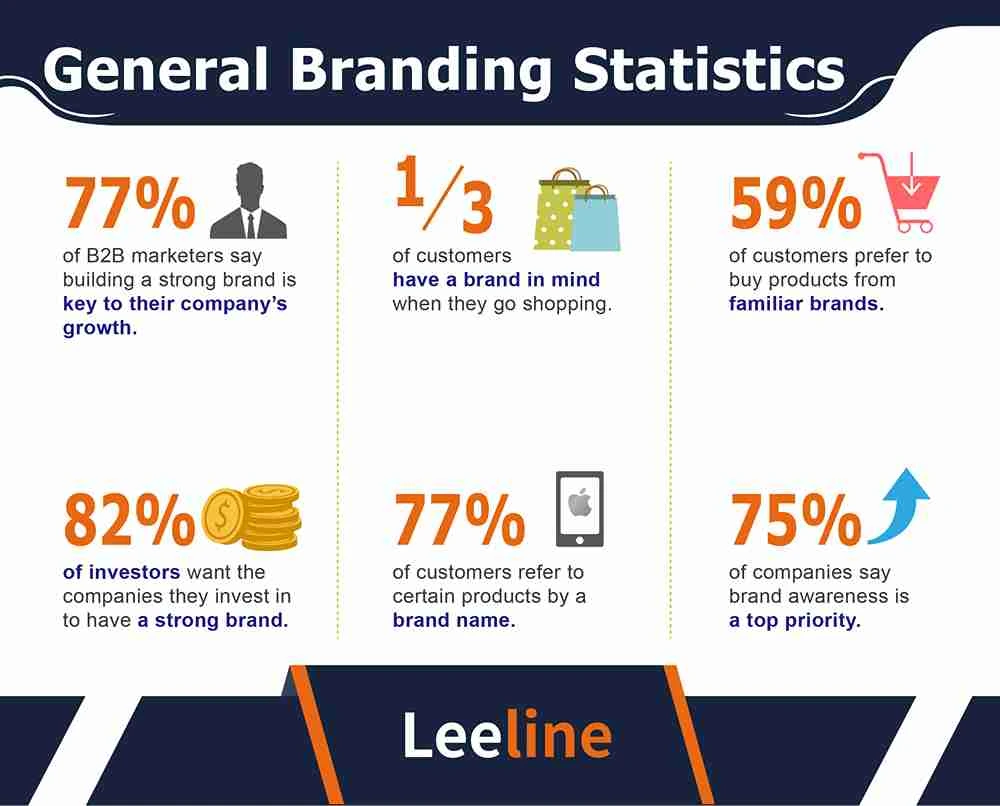
Source: Wisernotify
As competition heats up across industries, maintaining a cohesive brand identity has never been more crucial. AI is emerging not just as a productivity booster but as a strategic tool that harmonizes the way brands communicate—internally and externally. By automating repetitive tasks, analyzing performance data, and creating tailored content, AI allows businesses to focus on human-centric strategies, such as refining thought leadership and fostering customer trust. It’s not about replacing the human touch but amplifying its impact.
- AI can record, transcribe, and analyze sales calls to identify what works best, enabling teams to create data-backed scripts. It can even issue real-time alerts for script deviations, reducing call times and boosting efficiency. Source
- AI streamlines content creation, freeing up marketers’ time to focus on thought leadership and creating high-value content that resonates with their audience. Source
- By integrating AI into their strategies, businesses are not only automating processes—they’re also innovating in areas like search optimization, customer engagement, and brand protection. Source, Source
Key Takeaway
AI is no longer just a tool for efficiency; it’s a driver of brand consistency and strategic growth. By leveraging AI solutions to analyze customer touchpoints and fine-tune messaging, companies can deliver a unified brand experience across channels. However, the key to success lies in balancing automation with creativity and strategy, ensuring AI supports—not overshadows—the human element in branding.
Pro Tip:
For maximum impact, pair AI’s efficiency with your team’s expertise. Use AI tools to generate insights, draft initial content, or streamline training, and then refine these outputs with a human touch to ensure they align with your brand’s unique voice and values. This synergy between technology and talent will set your brand apart.
Navigating Prolonged B2B Buyer Decision Processes
In the world of B2B commerce, patience isn’t just a virtue—it’s a necessity. With decision-making timelines stretching longer than ever, marketers must rethink how they engage prospects. The reasons behind these delays include tighter budgets, increased scrutiny on ROI, and more stakeholders influencing choices. If brands want to thrive in this environment, it’s not just about staying visible but also about adding consistent and relevant value over the long haul.
- According to Demand Generation’s 2024 B2B Buyer Behavior Benchmark Survey, the delay in purchasing decisions stems from factors like increased stakeholder involvement (26%), budget freezes (34%), and deeper ROI analysis (41%). Source
- To address this, brands are encouraged to develop nurturing campaigns using multiple touchpoints such as personalized email sequences, insightful gated content, and high-value webinars to keep leads engaged. Source
Key Takeaway
As B2B buyers engage in more deliberate decision-making, brands that focus on trust and education rather than immediate conversions are poised to stand out. This means creating an ecosystem of valuable content and touchpoints that cater to the buyer’s stage in the journey, no matter how long it takes. By diversifying engagement efforts—such as offering in-depth case studies, facilitating peer-to-peer conversations, or demonstrating ROI through interactive tools—marketers can establish themselves as indispensable partners in their prospects’ purchasing decisions.
Pro Tip:
To stay ahead, map out a content calendar specifically tailored for longer sales cycles. Incorporate resources like industry trend reports, ROI calculators, and real-world success stories, and continuously refine your approach based on engagement metrics to ensure your brand remains relevant and top-of-mind.
Adapting to the Era of Zero-Click Searches
Search behavior is undergoing a seismic shift as zero-click searches—where users find answers directly on search engine results pages (SERPs)—continue to rise. This trend has profound implications for digital marketers, pushing them to prioritize visibility, relevance, and audience engagement rather than solely focusing on driving website clicks. In this new reality, success doesn’t just come from being found—it’s about making a meaningful impression where your audience already is.
- SERP features like “Related Questions” snippets now appear in 90% of tracked keyword searches. This reduces the likelihood of users clicking through to websites. Source
- Rand Fishkin advises businesses to pivot towards awareness-building, brand-building, and PR efforts, allowing content marketing to function as a tool for creating impact, not just driving clicks. Source
- Campaigns should be designed to resonate with users and optimized for impressions, ensuring your brand message reaches and engages your audience. Source
- Strategic marketing decisions should be rooted in understanding audience behavior, preferences, demographics, and influential platforms. Source
- To counteract the effects of zero-click searches, brands can create highly engaging content directly optimized for SERPs and use paid media tactics like retargeting to reintroduce users to their websites. Source
Key Takeaway
Zero-click searches don’t signal the end of opportunity—they signal a shift in priorities. Marketers must adapt by creating content that not only appears on SERPs but also captivates users in that limited window of visibility. Maximizing impressions and leveraging audience insights are now critical to standing out in a competitive digital ecosystem. Paid media strategies, such as retargeting, are powerful tools to re-engage users who initially interact with your zero-click content. The brands that embrace this evolution by focusing on visibility and resonating messages will thrive in this new paradigm.
Pro Tip:
To maximize your SERP presence, invest in structured data and rich snippets to increase the chances of appearing in featured results or People Also Ask boxes. This ensures your brand takes center stage during relevant searches, even if users don’t click.
AI Challenges to Build Trust and Credibility in Brand Marketing
AI is revolutionizing brand marketing with its ability to analyze vast datasets, personalize experiences, and automate processes. Yet, as transformative as AI can be, its implementation comes with a set of challenges that, if overlooked, could undermine credibility and customer trust. Navigating these risks requires marketers to balance innovation with responsibility, ensuring AI-driven strategies align with ethical and legal standards while consistently delivering value to the audience.
- While AI processes data at an unparalleled scale, its outputs aren’t always accurate, making it crucial for marketers to verify content before releasing it to maintain their brand’s credibility. Source
- Quality assurance of AI-generated content can be labor-intensive, potentially offsetting the efficiency gains AI promises. Source
- The evolving nature of AI raises significant ethical concerns, particularly in areas like copyright infringement and data privacy. Source
- Ambiguity around data management in chatbot interactions requires businesses to tread carefully and preempt future regulatory challenges. Source
- Establishing AI governance frameworks—outlining which tools are used, by whom, and for what tasks—helps control risks and ensures AI outputs meet quality expectations. Source
Key Takeaway
When handled thoughtfully, AI can become a game-changer in brand marketing, but there’s no room for a “set it and forget it” approach. Implementing AI without the guardrails of quality checks, clear ethical standards, and robust governance could lead to costly missteps. Ensuring trust, accuracy, and transparency are prioritized will not only protect your brand’s reputation but also strengthen customer loyalty in the long run.
Pro Tip:
As AI continues to reshape marketing, invest in training your teams on ethical AI usage and build cross-functional committees to oversee AI initiatives. Staying ahead of regulatory trends and actively involving legal, compliance, and data privacy experts in your AI strategy will safeguard your efforts and help you drive innovation responsibly.
Conclusion
The landscape of brand marketing is undergoing a transformative shift, driven by the rapid advancement of AI technologies. From revolutionizing content creation and personalizing user experiences to optimizing ad campaigns and enhancing brand consistency, AI is redefining how brands connect with their audiences. The potential for scaling creativity, improving efficiency, and delivering hyper-relevant messaging has never been more accessible. Yet, with great power comes great responsibility—marketers must navigate challenges like data privacy, ethical considerations, and content accuracy to maintain trust and uphold their brand’s integrity.
As brands embrace AI to stay competitive, the focus should be on leveraging its strengths while addressing its risks. This balance will empower marketers to adapt to emerging trends, such as zero-click searches and extended B2B decision-making cycles, while creating meaningful and impactful customer interactions. By integrating AI smartly and ethically, businesses can position themselves as leaders in this evolving era of marketing innovation.
Ready to boost your traffic and grow your website? Your customers are looking for you, and our SEO services can help you be found across search engines. Let’s take your brand marketing strategy to the next level!
About From Data to Strategy: Emerging Brand Marketing Trends in 2025
This guide was written by the Scopic Studios team and reviewed by Araksya Hakobjanyan, SEO Lead at Scopic Studios.
Scopic Studios delivers exceptional and engaging content rooted in our expertise across marketing and creative services. Our team of talented writers and digital experts excel in transforming intricate concepts into captivating narratives tailored for diverse industries. We’re passionate about crafting content that not only resonates but also drives value across all digital platforms.
Note: This feature blog’s image are sourced from Freepik.






































